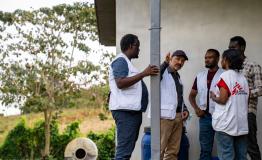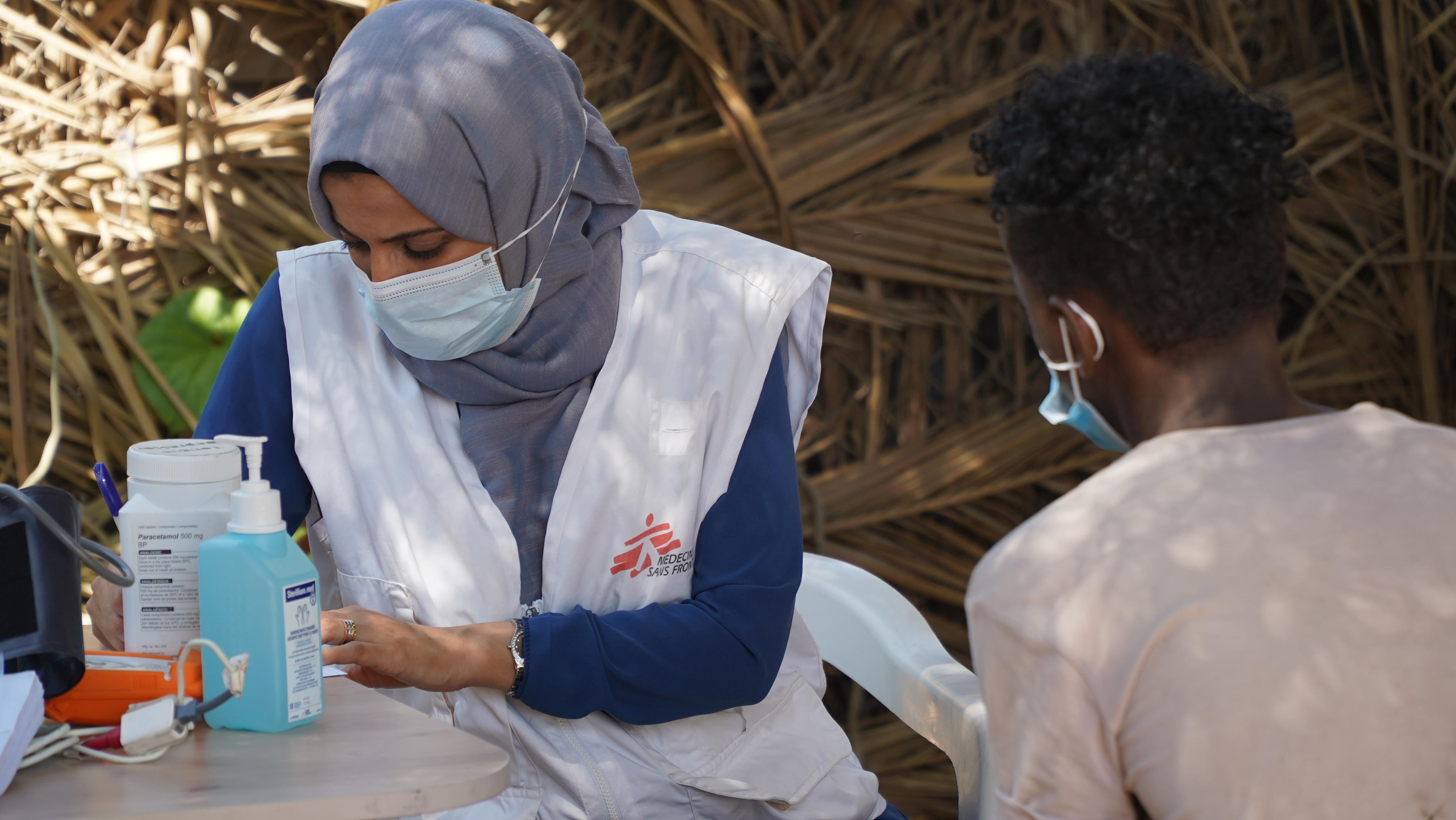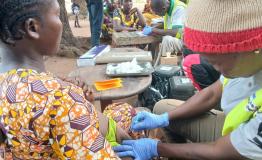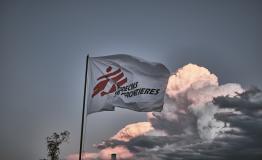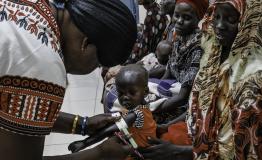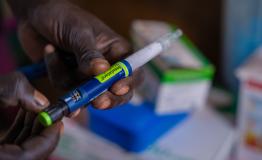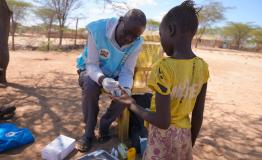One third of the world lacks access to essential medicines. In the poorest parts of Africa and Asia this figure rises to a half of the population. We challenge the high cost of medicines and the absence of treatment for many of the diseases affecting ou
Too often we cannot treat patients because the medicines are too expensive, or they are no longer produced. Sometimes, the only drugs we have are highly toxic or ineffective and nobody is looking for a better cure.
As a medical humanitarian organisation, it is fundamentally unacceptable that access to essential medicines is increasingly difficult, particularly for the most common global infectious diseases.
